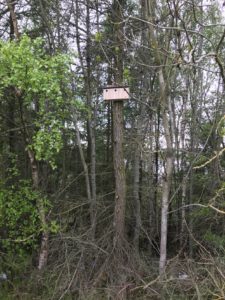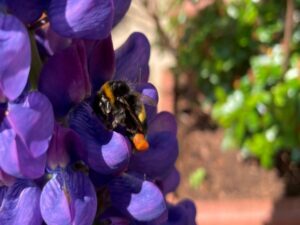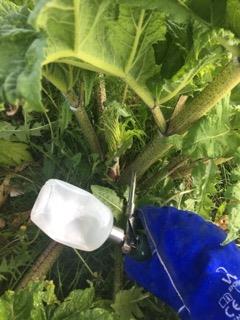Around 40,000 species will most likely disappear over the coming decades according to The Sustainable Development Goals Report 2022.
Biodiversity has declined at an unprecedent rate in recent years and the root cause is human activity. Climate change, pollution, destruction of habitat, invasive species and over exploitation of the natural environment are taking a toll on natural ecosystems.
Goal 15 of the UN Sustainable Development Goals is about preserving life on land. It sets out to ‘to protect and restore terrestrial ecosystems, sustainably manage forests, combat desertification, and halt and reverse land degradation and stop biodiversity loss.’
Why does biodiversity matter?
The loss of biodiversity is adversely impacting healthy ecosystems and ultimately affects our access to food and water.
Basically, biodiversity supports our survival, hence the urgent need to halt the decline.
Because unlike climate change, with biodiversity decline there is no reversal. Once a species had disappeared it’s gone forever.
Damian Carrington, environmental editor, The Guardian, explains over millions of years wildlife interactions have evolved to our benefit and ‘If undamaged, this produces a finely balanced, healthy system which contributes to a healthy sustainable planet.’
What can businesses do?
With biodiversity declining at an alarming rate, every business has a responsibility to proactively encourage the breadth of variety of life in their surrounding physical landscape.
Giving space and protection to nature will contribute to supporting biodiversity of plants and animals on our planet and preserving healthy ecosystems.
Here, we’ve outlined some simple landscaping related solutions to encourage biodiversity which won’t cost the earth.
Bird boxes

In the UK, bird populations have been declining partly to the reduction of available nesting spots. Many old farm buildings which provided ideal places for birds and bats to nest have been replaced by modern sheds. The removal of hedgerows to create larger fields has also contributed to the erosion of nesting opportunities. A bird box is a suitable alternative to a tree hole and will provide the ideal spot for birds to nest or even simply take some shelter. Boxes can be installed at anytime of the year and it’s best to keep them up all year round to allow birds to familiarise themselves with the new territory. It might take a few years for birds to use the box until they are sufficiently secure it is indeed a safe place, but once they start nesting they are likely to return each year.
Pollinators

Over the past 100 years, bumblebee populations have been declining. Two species have become extinct and a further eight are categorised on conservation priority species lists according to the Bumblebee Conservation Trust.
Butterflies aren’t fairing any better. According to The State of the UK’s Butterflies 2022 report, 80% of butterflies in the UK have declined in the UK since 1970.
By planting flowers rich in pollen and nectar, you can provide critical food sources for bees and butterflies to help sustain populations and reduce the risk of further biodiversity deterioration.
Invasive Plants

Invasive plants can quickly spread, overpowering native vegetation, and destroying natural habitats. Not only is it important therefore to quickly identify any invasive species such as Japanese Knotweed, Himalayan Balsam or Giant Hogweed growing on your premises to reduce the impact of infestation – legislation requires responsible management of non-native plants on property. More guidance can be found about non-native species on the Scottish Government website.
Contact GP Plantscape today for more information on how we can help you to improve your businesses contribution to the preservation of global biodiversity. Call 0808 100 3120 or email enquiries@gpplantscape.com.
For more simple biodiversity solutions read our earlier blog.












